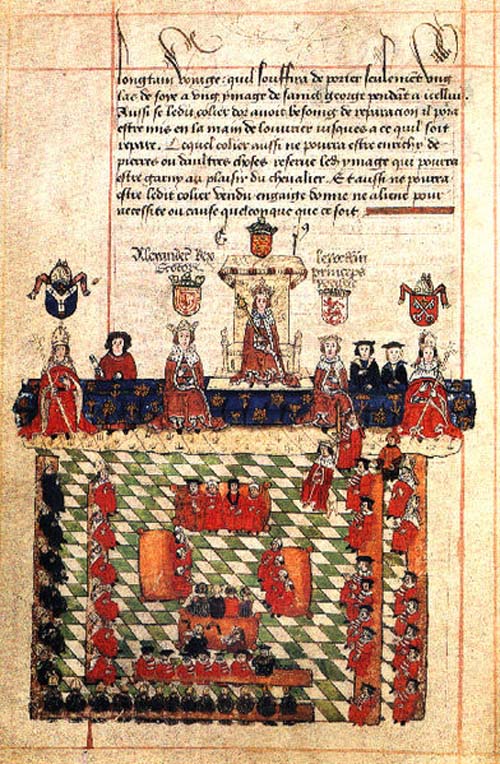Magna Carta and the Origins of Parliament
Historian article

In February this year the four surviving originals of Magna Carta were briefly brought together in the Houses of Parliament. John Maddicott, examining the Charter's role in the early development of Parliament, shows that the setting was well chosen.
What did Magna Carta contribute to the origins of parliament? If we define parliament very broadly as an assembly of the country's great men, convened bythe king to discuss the nation's business, then we can trace the institution back in some form to the Anglo-Saxon period: an era very remote from the 1230s, in Henry III's early years, when the word ‘parliament' first appears in a political context. Yet the development of these early assemblies, initially and most frequently termed ‘councils' or ‘great councils', was by no means only one of steady and continuous evolution over the centuries. It was frequently cut across by political shifts and crises which led to fundamental changes in conciliar organisation and function. Magna Carta was one such turning point. The Charter's statements about assemblies were no more than indirect and oblique. But by creating the conditions for parliamentary debate..
This resource is FREE for Secondary HA Members.
Non HA Members can get instant access for £2.49

